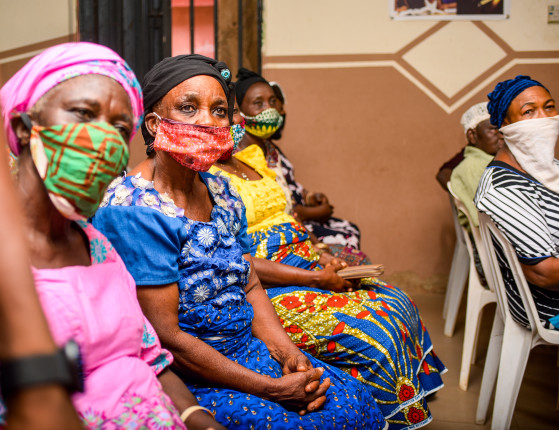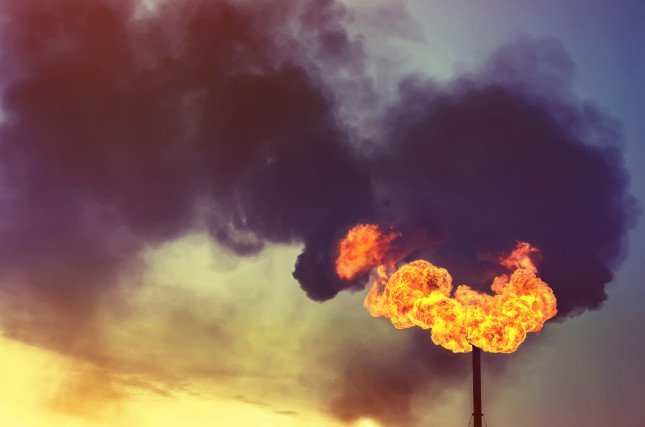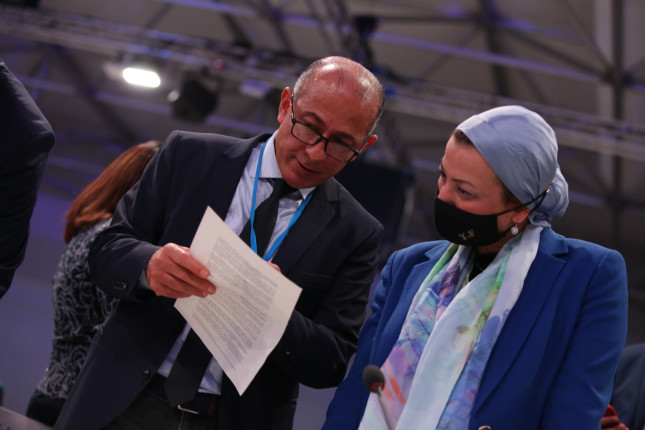-
Water: A matter of national security – and the best hope for our climate
› -
Redefining National Security
› -
‘An ounce of prevention is worth a pound of cure’: U.S. conflict prevention policy in a world of climate change
›The crisis in Ukraine is rightly at the center of U.S. foreign policy attention but, even in the midst of that justified focus, the latest IPCC report unflinchingly reminds us of another emergency: we are running out of time to avoid the most devastating effects of climate change, including the social, economic, environmental and security risks that can actually drive war.
-
China’s Growing Environmental Footprint in the Caribbean
›
China continues blazing a trail across the Wider Caribbean through large capital flows, loans, and investment. In the last two years alone, more than a dozen Caribbean nations have signed on to China’s Belt and Road Initiative—even as some still recognize Taiwan, perhaps the only remaining sticking point preventing further signatories. The deepening of relations did not happen overnight, but it is only recently that the Belt and Road Initiative has drawn attention to China’s strategic investments and growing political bonds with Caribbean island nations.
-
Making Room at the Table for Businesswomen in Jordan: A Conversation with Reem Badran
› “People told me it was only for men,” says Reem Badran, Founder & CEO of Al Hurra for Management and Business Development and former member of the Jordanian House of Representatives, when speaking about her decision to run for the Amman Chamber of Commerce in the latest episode of the Riyada podcast from the Wilson Center’s Middle East Program. Badran is a Jordanian trailblazer and was recently named One of the World’s Most Successful Women in Business by the International Women’s Entrepreneurial Challenge Foundation in New York. In 2009, she became the first woman elected to the board of Amman’s Chamber of Commerce since its establishment in 1923. To this day, she remains the only woman to be elected to this post. “In our community [and] region, it is not easy for women to be able to penetrate the business community. It takes a while for people to believe in a woman and that she can have a successful business.”
“People told me it was only for men,” says Reem Badran, Founder & CEO of Al Hurra for Management and Business Development and former member of the Jordanian House of Representatives, when speaking about her decision to run for the Amman Chamber of Commerce in the latest episode of the Riyada podcast from the Wilson Center’s Middle East Program. Badran is a Jordanian trailblazer and was recently named One of the World’s Most Successful Women in Business by the International Women’s Entrepreneurial Challenge Foundation in New York. In 2009, she became the first woman elected to the board of Amman’s Chamber of Commerce since its establishment in 1923. To this day, she remains the only woman to be elected to this post. “In our community [and] region, it is not easy for women to be able to penetrate the business community. It takes a while for people to believe in a woman and that she can have a successful business.” -
It’s Not Ok: How Data from Nigeria Reveals the Role of Addressing Community Attitudes to End Violence Against Women
› -
The Gasses That Will Make or Break Climate Change Mitigation
›New worldwide attention on methane has increased the potential for countries to implement methane policy in the energy sector. In November 2021, the countries gathered at COP 26 in Glasgow launched the Global Methane Pledge, an agreement that aims to reduce methane emissions at least 30 percent from 2020 levels by 2030. If the 111 participating countries are successful, this endeavor could curb over 8 gigatons of carbon equivalent emissions and prevent more than 0.2 degrees Celsius in warming by 2050.
-
COP 27 in Sharm: Few Opportunities and More Challenges for MENA Environmentalists
›In November, the world’s marquee climate conference will come to one of its fastest warming regions. Over roughly two weeks, global leaders, businesspeople, and, in theory, civil society organizations, will negotiate and schmooze along the shores of the Red Sea at Sharm el-Sheikh, Egypt. After a rather mixed outcome of last year’s COP 26 in Glasgow – and even more chilling IPCC report releases since then, global environmentalists are counting on this year’s COP 27 to produce the kinds of game-changing, emissions-cutting measures that climate risks so desperately demand.
Showing posts from category Guest Contributor.


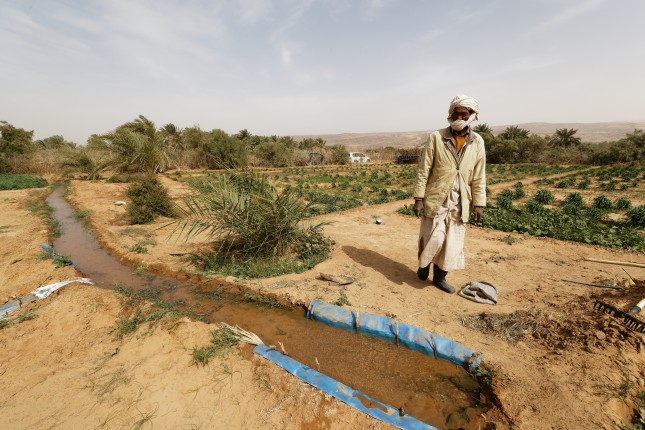
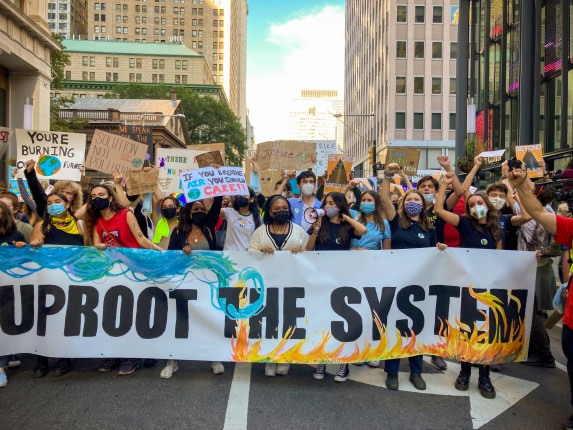
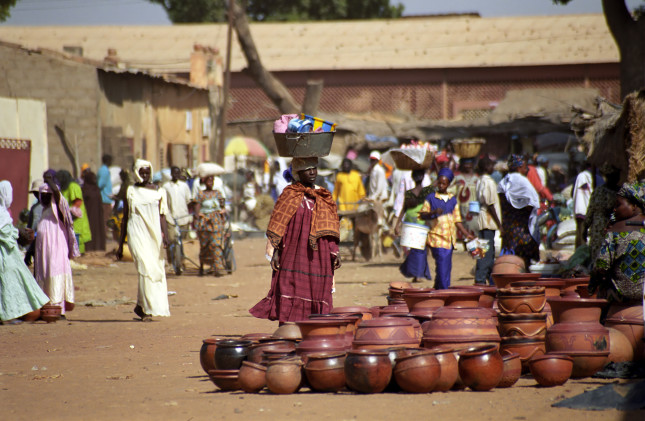
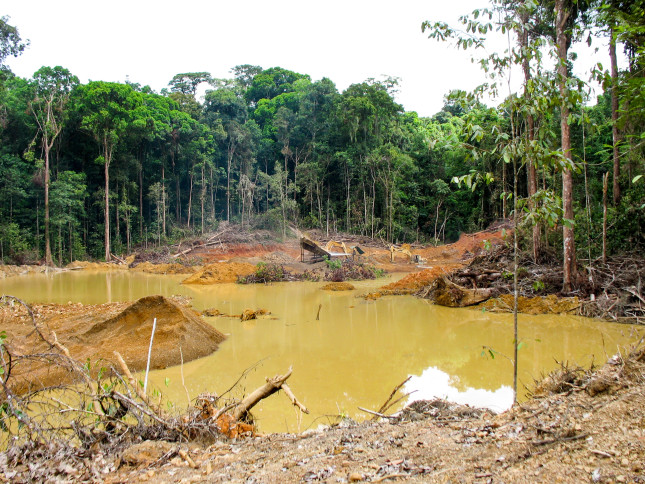
 “People told me it was only for men,” says Reem Badran, Founder & CEO of Al Hurra for Management and Business Development and former member of the Jordanian House of Representatives, when speaking about her decision to run for the Amman Chamber of Commerce in the
“People told me it was only for men,” says Reem Badran, Founder & CEO of Al Hurra for Management and Business Development and former member of the Jordanian House of Representatives, when speaking about her decision to run for the Amman Chamber of Commerce in the 